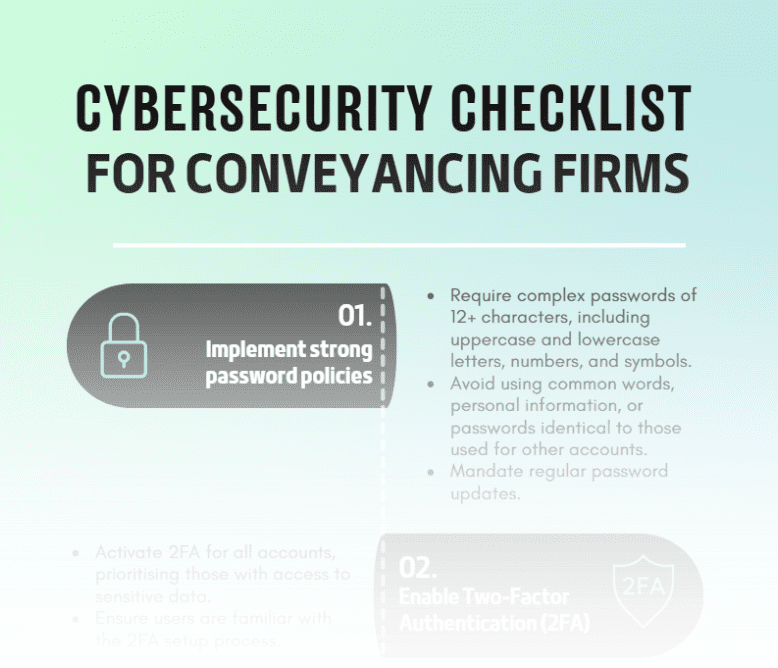Just because a business is small it doesn’t mean time management comes easy. Small business owners can be faced by many challenges, making it hard to manage time efficiently.
Business owners need to be able to divide their time between client relationships, ad-hoc tasks, marketing, employee management, financial management and much more.
Being stretched this thin as a business owner presents challenges and eventually juggling all of these tasks will result in you dropping the ball.
Having a back-to-back schedule is just a part of the job you sign up for. However, being able to successfully manage your time and pack as much productivity into the day is a key to success.
The 5 tips below will help you take charge of your day and manage your time in a way that improves both yourself and the business.
Identity time wasting activities
A timewasting activity is defined as anything that takes time away from your core business function. They pull our focus making us lose track of the time we are spending on it.
Regardless of your role, everyone is presented with timewasting tasks. A good way to identify these tasks and by looking at the outcome and asking the simple question of ‘will this further my business?’. If the answer is no, then allocate time accordingly.
By planning your days/weeks where possible and creating a schedule can help with reducing the amount of time spent on timewasting tasks.
A main time waster is social media. It is reported that the average time spent on social media by Australians is 1.5 hours daily. By limiting your use of social media during the day, it will help you focus on what critical tasks you have at hand. A way to do this is by setting up a URL blocker.
This allows you to set certain times or days that you would like to not access a specific link, whether it be Facebook, Instagram, or Twitter. Obviously for some this may not be possible as your clients contact you via these sites.
Delegation of time management
Delegation is a critical skill to have as a leader. You can’t do it all, no matter how motivated you are. If you want to increase efficiency you need to hire people you can trust and give them work that you don’t have time for.
This will give you time to focus on the tasks you’re best at and the ones that mean the most to you.
A lot of business owners tend to be reluctant to trust other people with work projects or tasks because the other person may not do it the same way as they originally desired.
To avoid this, clear communication needs to take place in order for the delegated person to do the task as desired.
Task timing
It’s difficult to know how you should be spending your time. To help better understand your time and how you are spending it, you need to log your days.
This can be as simple as writing in a notebook or making entries in your calendar. As you start a new task, take a phone call, or even go through social media, write down the time and the activity.
After a few days, you will see patterns emerge. Use this information to change your schedule and behaviour.
For example scheduling a break for 20 minutes in the afternoon, when you know you don’t focus as well the morning. Or, try coming into work 30 minutes earlier each day to squeeze a little extra focused work before your morning meeting.
Time management includes strict scheduling
Many people hate the idea of keeping and following a schedule, as it can seem constraining. However, scheduling is an art, that plans all your activities so that you can achieve your goals and priorities in the time you have available.
Scheduling also helps you in saying ‘no’. ‘No’ might seem like a bad word but business owners get caught up with being on top of everything all the time.
Well they don’t have to be. With a schedule you don’t have to drop what your doing because an employee wants a chat, you can schedule in time when its more convenient.
Time is the one resource that we can’t buy, however we often use it ineffectively. Scheduling helps you think about what you want to achieve in a day, week or month, and it keeps you on track to accomplish it.
Automation
In regard to managing your work schedule, automation is something worth looking at.
Automation doesn’t have to be expensive software – it can be something as small as changing a filter in your emails so you don’t have to manually file them. Automating routine tasks will remove all manual time spent on tasks.
For example, using chatbots to answer customer service queries, or employing software to handle bookings through your website, is a great time-saver for business owners.
Any small business owner knows that time is money. It’s not unusual for small business owners to work 12 to 16 hours a day, seven days a week. It sounds like a lot of time, but for most, it isn’t enough.






